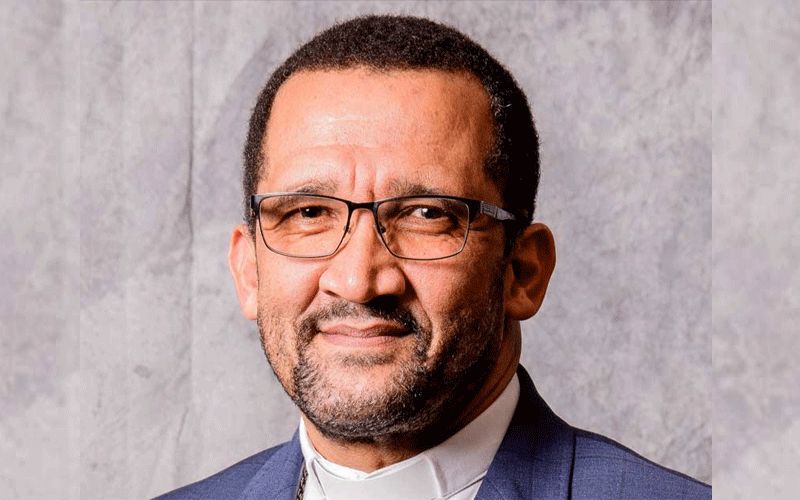"The obvious one is hunger for food. It is now evident that many people are running out of food. People are beginning to scramble for food parcels and a few are roaming the streets scavenging in rubbish cans and piles in the street,” Bishop Sipuka says about the effects of the 21-day lockdown that was extended for another two weeks after it had expired midnight on April 16.
Besides hunger, the 61-year-old Prelate noted that “most people are not able to keep the rules of the lockdown given that they live in small spaces with many people and that they do not have water.”
“Those who still have something to eat are also not worry free. They suffer from the mental torture of uncertainty of what will be. They are not sure if by the end of the lockdown they will still be keeping their jobs,” Bishop Sipuka who doubles as the President of the Southern African Catholic Bishops Conference (SACBC) says.
Some of the interventions have included asking “Parish Priests to do the best they can in assisting those without food by encouraging parishioners to donate money and food and to identify those in desperate need,” the Bishop says.
He adds, “We are also joining other churches discussing the best way possible for an effective distribution of assistance from the solidarity fund set up by the president and from the department of social development.”
The Bishop also highlights the challenge of getting the aid to the actual beneficiaries due to cartels.
“Assistance is there but we are worried about the best way to deliver it so that it really reaches those in need and not end up in corrupt hands,” he says and adds, “We are discussing this with the government and it is taking time, yet people are hungry now. On the other hand, you cannot rush it because it may not be effective. These are the frustrations of bureaucracy.”
There have been reports indicating that food meant for aiding the needy has been hoarded or resold by individuals, some of them allegedly government officials, President Cyril Ramaphosa said in his Monday, April 20 letter to the nation, promising to “deal with the individuals concerned harshly” if they are found to be guilty.
The nationwide lockdown has also seen a rise in cases of domestic violence in his country, Bishop Sipuka who is also the first Vice President of the Symposium of Episcopal Conferences of Africa and Madagascar (SECAM) says.
“There have been indications that some are not able to cope with the emotional stress of being confined with their families for such a long time and they are beginning to act violently, and so cases of family violence are increasing,” Bishop Sipuka says, a concern that has been raised not only South Africa’s President Ramaphosa but also by the Secretary-General of the United Nations, António Guterres.








